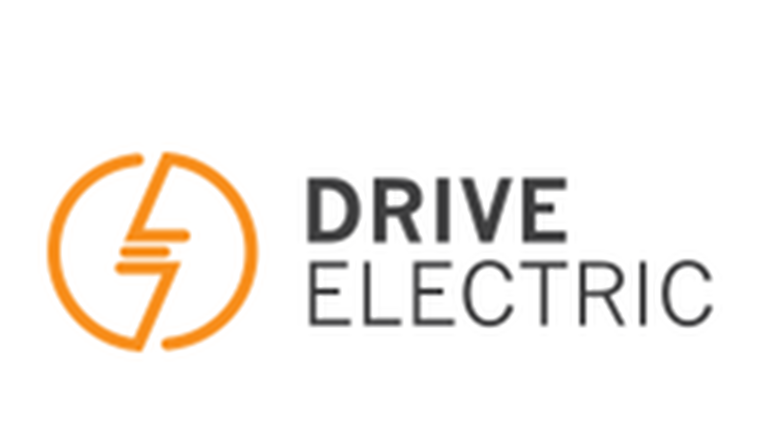Top tips for safe EV charging

Drive Electric board member Eric Pellicer says charging at home is the easiest way to power up an EV. “The good news is many homes should allow EV charging. But often a standard electrical socket on its own isn’t safe and specialist electric vehicle supply equipment (EVSE) is needed," says Pellicer. “Electricians are also going through an educational process since the advent of EVs, with Master Electricians running a series of workshops to help educate their members about likely changes to industry guidelines.” Pellicer is also encouraged that some EV dealers offer home assessments for customers. “This kind of service makes sure customers have the information they need when purchasing an EV.” Drive Electric charging expert Nigel Broomhall recommends EVSE which is Worksafe compliant because they have a number of built-in safety features. “Quality chargers are rated for use in heavy rain, ice, snow and excess heat, and will not put you at risk of electrocution,” he says. Some cheap products warn you not to charge in the rain - this is not a good sign.“Professionally installed EVSE also includes the right residual current device (RCD) protections, and a master switch so the charger can be turned off if you have any issues.” The key to picking the right charger is finding out the size of the on-board AC charger on the vehicle, Broomhall says. Broomhall, who is also managing director of EVSE supplier Chargemaster, says there are other tips EV owners need to be aware of when charging at home. These include never using extension cords with any EVSE equipment because they aren’t designed to handle the large amounts of electricity required to fill up an EV. “They can melt, catch fire or even electrocute you. Also, be careful with adaptors. Unless the adaptor has been approved by the charger manufacturer then it is not Worksafe compliant.”





